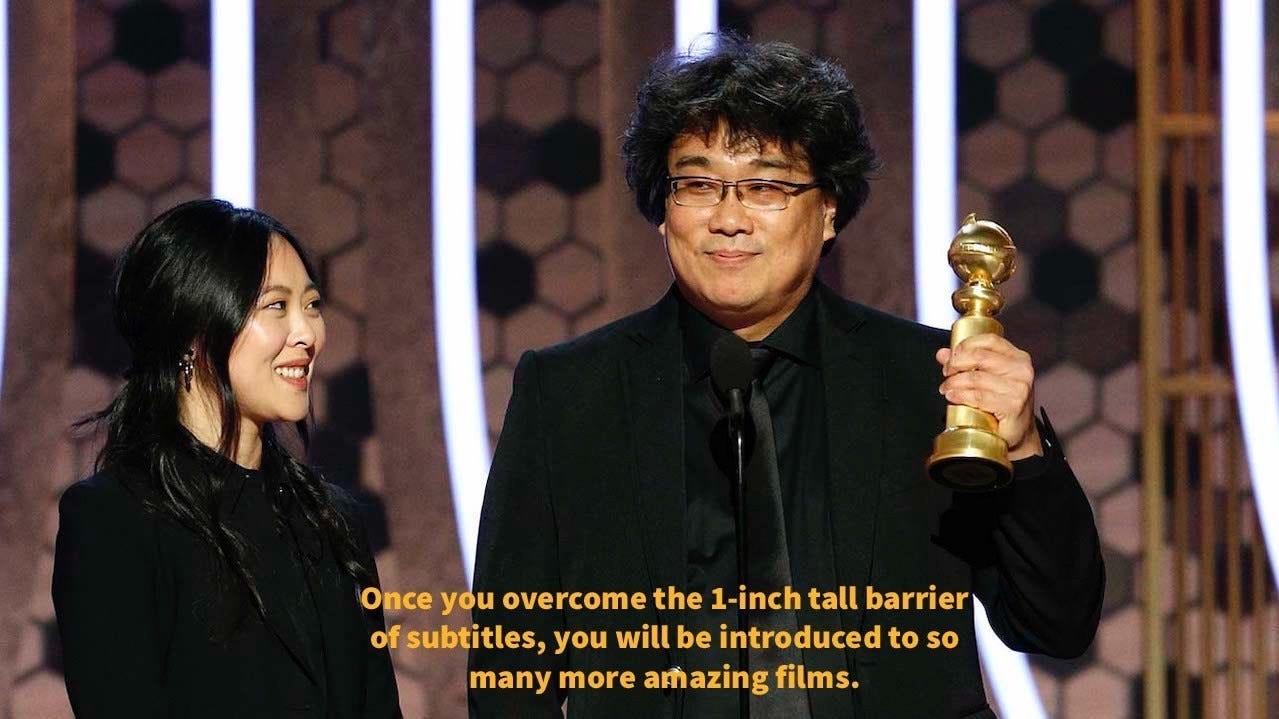how to get smart again: diversifying your reading list
250+ books; world literature (translated & written in english) to diversify your reading list
While reading is never something that should feel obligatory, I do believe that there is a certain responsibility that comes with being a reader (or someone seriously interested in literature). One of the best parts of reading comes from being able to spend a day in someone else’s world, someone else’s mind. Usually, it’s not as much escapism as it is a mode of understanding. The fastest and best way to learn about another culture or somewhere around the world that you’ve personally never experienced or been to, is through literature.
I read because I love reading, but I also read to continuously hold myself accountable in broadening my perspectives and understanding of the world and not allowing myself to ever become narrow minded or grossly individualistic. One of the key reasons why I would advise you to prioritize reading diversely is because I believe that doing so fosters empathy, which is one of the most important traits to have as a citizen of the world. Removing yourself from the myopic confines of your immediate environment in order to understand and empathize with different people across the world—this is a quality we are witnessing slowly bleed out. I know I talk a lot about the decay of humanity with the rise of AI, but society’s move towards solely relying on ChatGPT for answers (I saw a tweet about someone’s therapist telling her to use ChatGPT for advice) is making us more self centered and isolated from others. The simulated, manufactured empathy from generative AI machines has started to override real, human empathy that can only be born from talking to people and being a part of a real life community.
For part five of my how to get smart again series, I repurposed my world literature list that I wrote a year ago to make a better, longer one for my how to get smart again series. There are books that are directly written in English, but most world literature, obviously, exist in their native languages. Thankfully, translated literature is more easily accessible now than ever, and good translations exist. There are some publishers (mostly independent) that prioritize finding literature gems from other countries and cultures, such as New York Review of Books, Graywolf Press, Fitzcarraldo Editions, Archipelago Books, and so on. I’ll do a whole post on indie publishers because (not to be too tangential, but) reading from independent publishers is also an important element in reading diversely.
If the books are translated, I urge you to also look up and acknowledge the translators as well because translating nuance and cultural implications from one language into another is never an easy feat. I like to keep a list of words in different languages that do not have direct one word translations to English—and I don’t think we realize in our day to day lives that language is not just about speaking, but a culmination of history and culture and traditions of the people that lived before us as well.
I tried to find as many books I read or heard good things about, but some countries have a very limited amount of translated literature (and I didn’t want to put ones that I wasn’t 100% sure was a good book, from a credible source). I have not read all of these, but these are all ones that I have heard good things about from friends and people whose reading taste I trust. I think there are about 200 books on here from 50+ countries, so I hope you enjoy. This is in alphabetical order (minus Korean literature, and I get to put that first because I’m Korean).
As always, I’ve linked Goodreads pages for your convenience. If you have any recommendations, feel free to leave them in the comments and I’ll check them out and add it in!



